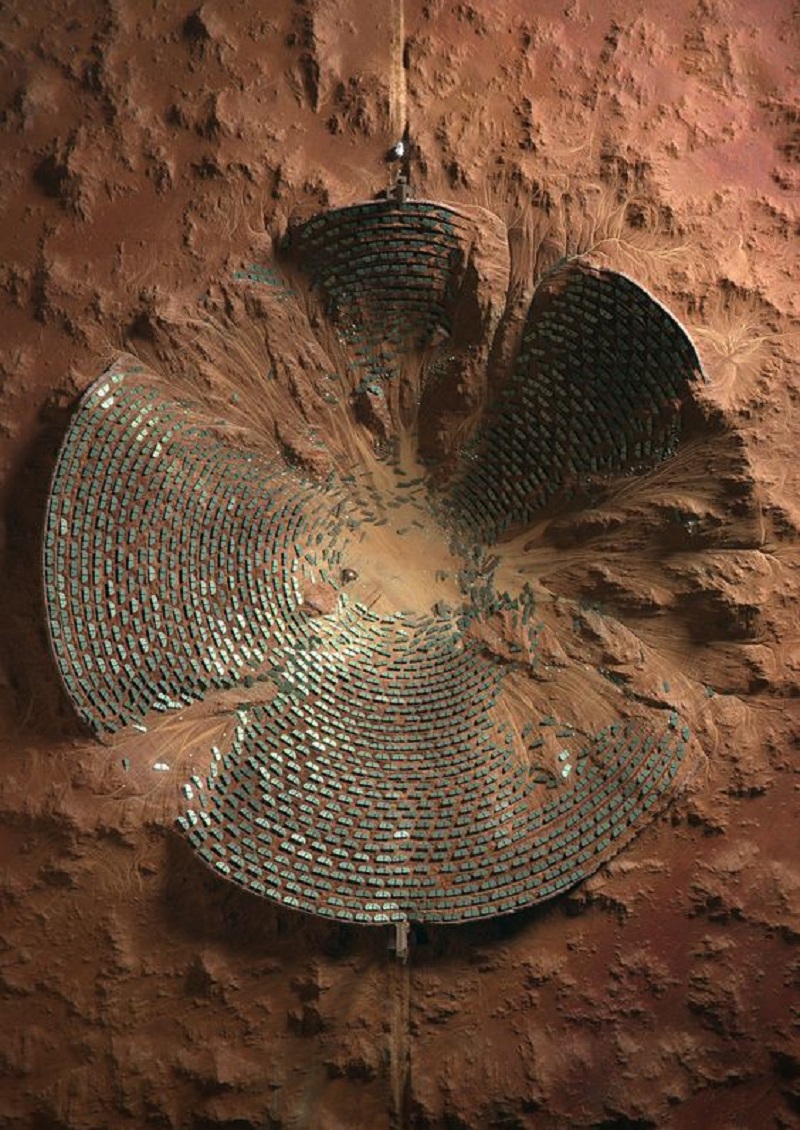
Pioneering Astrobiology:

Astrobiology, often referred to as exobiology, is a relatively young field but one filled with excitement and limitless potential. It delves into the fundamental questions about life’s origin, distribution, and the conditions necessary for it to thrive on other celestial bodies. Astrobiologists seek to understand the possibility of extraterrestrial life, drawing from a range of scientific disciplines to explore the myteries of the cosmos.
Life’s Essential Ingredients:

In the vastness of the universe, researchers are on a quest to identify the key ingredients necessary for life to exist. Water, considered the elixir of life, has been detected on several celestial bodies, including Mars, Europa, and Enceladus. These discoveries raise tantalizing possibilities of subsurface oceans, the potential cradles of life. The exploration of extremophiles—microorganisms that thrive in harsh environments on Earth—also informs our understanding of where and how life might exist beyond our planet.
The Search for Exoplanets:

A crucial aspect of astrobiology research is the hunt for exoplanets—planets orbiting distant stars that could potentially harbor life. With the advancement of telescopes like Kepler and TESS, scientists have identified thousands of exoplanets, some of which lie within the habitable zone, where conditions might be right for liquid water and life to flourish. The study of exoplanetary atmospheres provides valuable insights into the potential for habitability.
Life Beyond Earth: The Big Question:

While astrobiology has made significant strides in understanding the conditions required for life, the ultimate question remains: Has life already evolved elsewhere in the universe? Recent discoveries of organic molecules on Mars and the persistent search for microbial life on icy moons bring us closer to unraveling this enduring mytery.
Conclusion: Navigating the Cosmic Frontier:
Astrobiology is a journey into the unknown, an exploration of the myteries of existence beyond Earth. By integrating knowledge from multiple scientific domains, astrobiology research is advancing our understanding of the potential for life in the cosmos. As our tools and technology continue to evolve, the possibilities for discovery expand, and the prospect of finding life beyond Earth becomes more tantalizing. While astrobiology has yet to provide definitive answers, it keeps us engaged in the most profound question of our existence: Are we alone in the universe, or are we but one thread in the intricate tapestry of life that spans the cosmos?


